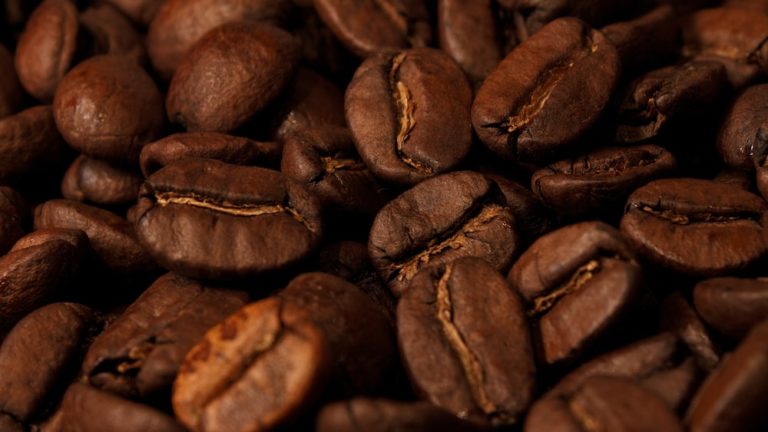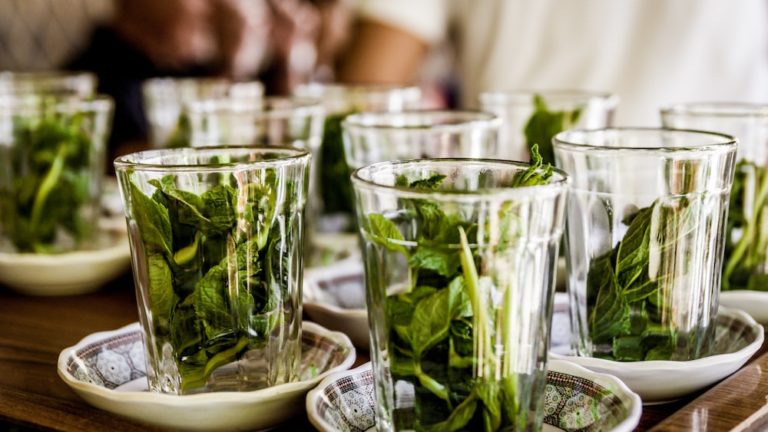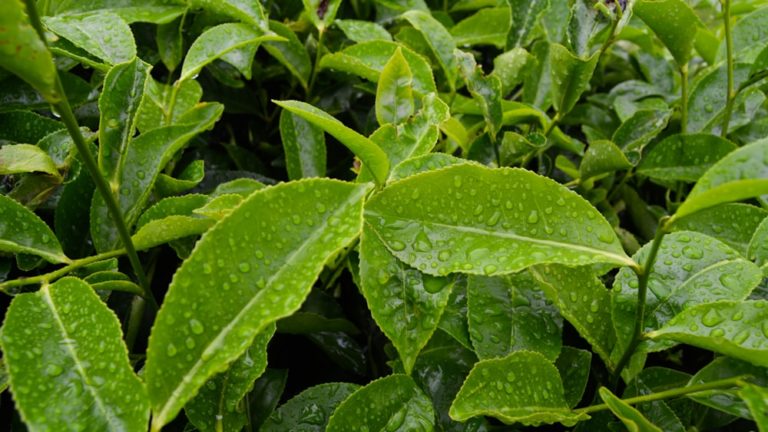The Ultimate Black Tea Temperature Guide
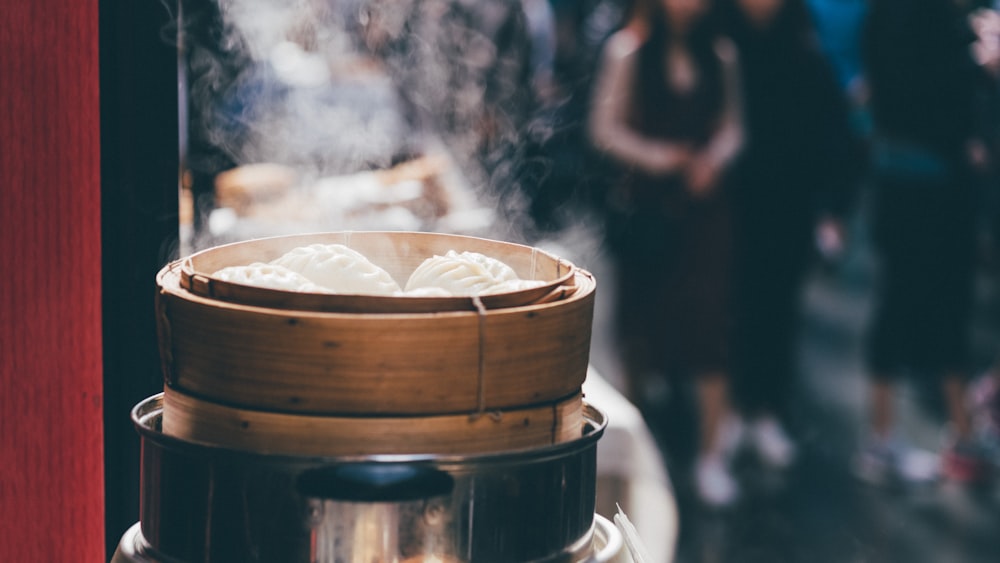
The Ultimate Black Tea Temperature Guide
Welcome, tea enthusiasts and health-conscious brewers! Have you ever found yourself pondering the complexities of black tea temperature, only to end up feeling like you’ve steeped into some sort of mystical tea brewing sorcery? Well, you’re not alone. This guide is going to demystify the steamy whispers of black tea brewing, diving deep into the kettle of science and art behind it.
Key Points:
- Understanding the optimal temperatures for different types of black tea is crucial for flavor extraction.
- Water quality plays a significant role in brewing black tea, affecting taste and aroma.
- Overheating water can lead to bitterness in black tea, impacting its overall flavor.
- Timing is essential when brewing black tea to achieve a balanced and flavorful cup.
- Selecting the right brewing equipment, such as teapots and infusers, can enhance the tea-drinking experience.
- Adjusting water temperature based on the type of black tea can reveal unique flavors and aromas.
- Mastering the art of black tea brewing involves precision, patience, and attention to detail.
It’s no secret that brewing the perfect cup of black tea requires more finesse than simply hurling a teabag into boiling water. But fear not, whether you’re aiming to host the most sophisticated tea party or just looking to elevate your morning ritual, we’ve got the scoop. So, sit back, grab your favorite mug, and let’s embark on this journey together – because the world of black tea temperature is about to get a whole lot clearer.
The Science Behind Brewing Black Tea
Ah, the science of brewing black tea – it’s where temperature and timing intersect, creating a perfect storm in your teapot. Understanding the chemical ballet that unfolds at different temperatures is our key to unlocking the full spectrum of flavors and aromas hidden within those humble tea leaves. [1]
Optimal Temperature for Black Tea Extraction
The optimal temperature for black tea extraction hinges on unlocking flavor without unleashing a bitter battle of tannins. Here’s a quick guide: [2]
| Black Tea Type | Temperature (℉) |
|---|---|
| Classic Black Teas | 200-212 |
| Delicate Darjeeling | 190-200 |
In this ballet of water and leaves, boiling water may court the more robust teas, twirling them into a rich, bold flavor, while the more delicate ones, like our friend Darjeeling, prefer a gentler approach. Too hot, and you’ll find your cup bitter; too cool, and you risk a flavorless rendezvous.
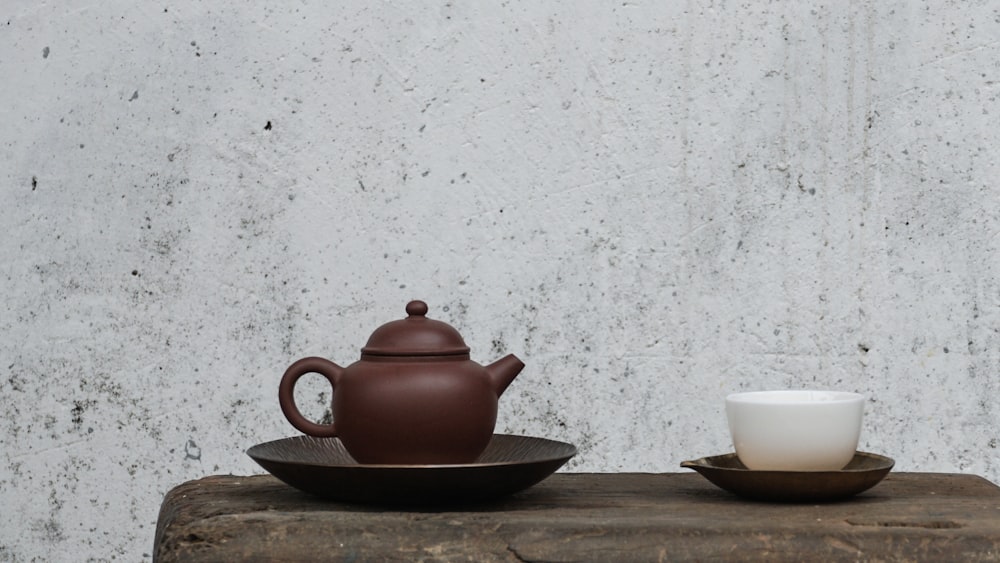
In the ballet of water and leaves, finding the right temperature is crucial for a perfect cup of black tea that balances flavor and bitterness.
How Temperature Affects Flavor and Aroma
Navigating the impact of temperature on flavor and aroma is akin to tuning a violin to play the perfect melody. Let’s consider: [3]
- Higher temperatures tend to amplify body and malty notes but can summon a brigade of bitter tannins if left unchecked.
- Lower temperatures coax out sweetness and delicate aromas, creating a harmonious balance that’s music to the palate.
This delicate balance ensures each sip transports you to the lush tea gardens from whence it came, making every cup a testimonial to the leaf’s journey.
Mastering the Art of Black Tea Brewing
Mastering the art of brewing black tea is your ticket to tea nirvana. It involves more than just timing and temperature; it’s about honoring the leaf, from kettle to cup.
Step-by-Step Guide to Brewing the Perfect Cup
To brew the perfect cup of black tea, let’s steep into this process with precision:
- Measure your black tea leaves. About one teaspoon per cup is a good starting point.
- Heat your water to the perfect temperature. Remember, not all teas enjoy a boil.
- Pour the hot water over your leaves, either in a teapot or directly in your cup.
- Steep with patience, understanding that time is a key ingredient in the brew. Typically, 3-5 minutes.
- Take a moment to savor the aroma before taking your first sip. Black tea deserves your full attention.
This method not only elevates your tea experience but turns every brew into a meditative practice, celebrating the exquisite complexity of black tea.
Adjusting Temperature for Different Types of Black Tea
When it comes to brewing the perfect cup of black tea, knowing that not all black teas are created equal is crucial. Different black teas, ranging from the bold Assam to the delicate Darjeeling, require slightly varied temperatures to fully unleash their complex profiles. For instance, while a robust Assam might thrive at a near-boiling point, Darjeeling prefers it a notch cooler to avoid bitterness and to maintain its aromatic subtlety.
- Assam Black Tea: 208°F (98°C)
- Darjeeling Black Tea: 194°F (90°C)
- Ceylon Black Tea: 206°F (97°C)
- Chinese Black Tea: 200°F (93°C)
Adjusting the water temperature for different types of black tea ensures that each variety can reveal its unique flavor, aroma, and caffeine content harmoniously. Therefore, tailoring the brewing temperature is not just a suggestion but a necessity for those chasing the zenith of tea experiences.
Tailoring the brewing temperature for different types of black tea is essential for unlocking their unique flavors and aromas.
The Role of Water Quality in Brewing
Believe it or not, the quality of water used in brewing can make or break your precious cup of black tea. It’s not just about the temperature; the mineral content and pH level of your water can significantly influence the tea’s taste and aroma. For instance, overly hard water might conspire with the tea leaves to produce a cup that’s more bitter than your last dentist appointment.
- Filtered Water: Ensures removal of impurities that could affect flavor
- Spring Water: Ideal for a neutral taste that doesn’t alter the tea flavor
- Avoid Distilled Water: Lacks minerals, leading to a flat-tasting tea
The key to mastering the brew is to find a balance in water quality that complements your black tea of choice. It’s like a dance between two partners where each step and turn must be perfectly aligned to create a spectacle. So, next time you put the water to boil, remember that the right water quality could elevate your black tea from mundane to magnificent.
Common Mistakes and How to Avoid Them
Common pitfalls abound when embarking on the journey of brewing black tea. Recognizing these mistakes and learning how to navigate around them is key to enhancing your brewing practice. From the overlooked importance of water temperature to the detrimental effects of oversteeping, each mistake provides a learning opportunity to refine your technique.
Overheating and Its Impact on Bitterness
Overheating the water can be the arch-nemesis of a finely balanced cup of black tea, leading to an unwelcomed bitterness that might have you grimacing quicker than a lemon-tasting contest. When water is too hot, it aggressively extracts tannins from the leaves, those same compounds that give tea its astringency but, in excess, turn your brew into a bitter battleground.
The trick lies in maintaining the right temperature, ensuring it’s hot enough to release the flavors and caffeine but not so hot that it mobilizes an army of tannins. Thus, mastering the temperature for your specific type of black tea becomes not just art but a science, transforming potential bitterness into a perfectly balanced taste expedition.

The Importance of Timing in Brewing
Timing is everything, not just in comedy but in brewing tea as well. Too little, and your cup whispers flavor nuances too faint to grasp; too much, and you might as well be steeping a batch of overcooked resentment. It’s this delicate balance that can turn the act of making tea into a ritual of precision.
The key to unlocking the perfect brew is not just watching the clock but knowing how each minute affects the extraction of flavors and tannins. A well-timed brew respects the tea leaves’ contributions, allowing for a harmonious blend of flavor, aroma, and color in every cup.
Mastering the art of brewing tea requires understanding the impact of timing on flavor extraction and achieving a harmonious blend in every cup.
Choosing the Right Equipment for Brewing
Selecting the right brewing equipment is like choosing the right armor for battle – it can greatly influence the outcome. While some tools might seem purely aesthetic, they each play a crucial role in crafting the perfect brew. Whether it’s the material of the teapot, the type of infuser, or the choice of kettle, each component can add a different note to your tea experience.
- Glass or Ceramic Teapots: Ideal for maintaining the water’s temperature without adding any flavors.
- Stainless Steel Kettle: Ensures even heating and allows precise temperature control.
- Mesh or Bamboo Infusers: Allow for optimal water flow and tea leaf expansion, crucial for a full extraction.
Picking the right brewing vessel becomes an essential piece of the puzzle, not just for aesthetic pleasure but for its ability to influence water temperature, steeping time, and ultimately, the taste of your tea. A well-chosen setup can turn the simple act of brewing tea into a culinary artwork, where every tool and ingredient works in harmony to produce the perfect cup.
FAQs
1. What is the ideal temperature for brewing black tea?
The ideal temperature for brewing black tea is typically between 200°F and 212°F (93°C to 100°C). This range ensures the optimal extraction of flavor and aroma without imparting bitterness to the tea.
2. How long should black tea steep?
Black tea should steep for about 3 to 5 minutes. Steeping for this duration allows the tea to release its full flavor without becoming overly tannic, ensuring a balanced and enjoyable cup.
3. Can I reheat black tea if it cools down?
Yes, you can reheat black tea if it cools down, but it’s best to avoid boiling it again. Gently warming it can help preserve the flavor and aroma without significantly deteriorating its quality.
4. How does altitude affect brewing temperature?
At higher altitudes, water boils at a lower temperature due to decreased air pressure. Hence, when brewing black tea at high altitudes, you might need to adjust the brewing time slightly longer to compensate for the lower boiling point of water.
Conclusion
In the quest for the perfect cup, understanding the black tea temperature is crucial. Whether you’re a seasoned tea connoisseur or just beginning your tea journey, keeping these guidelines in mind can elevate your brewing process and enhance your tea-drinking experience. From the science behind brewing to mastering the art of the perfect brew, every step leads to a more fulfilling cup of tea. So, the next time you’re about to brew a cup, remember the magic numbers and enjoy the rich flavors and aromas that black tea has to offer. Thank you for joining me on this tea-filled adventure. Until next time, keep steeping and sipping.
Warm wishes,
Zoe

